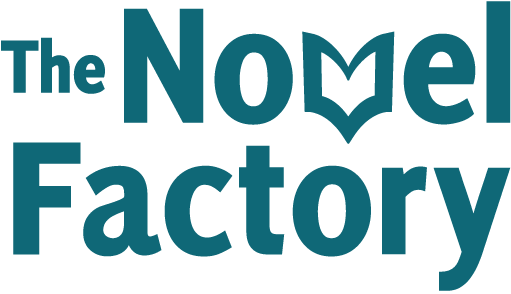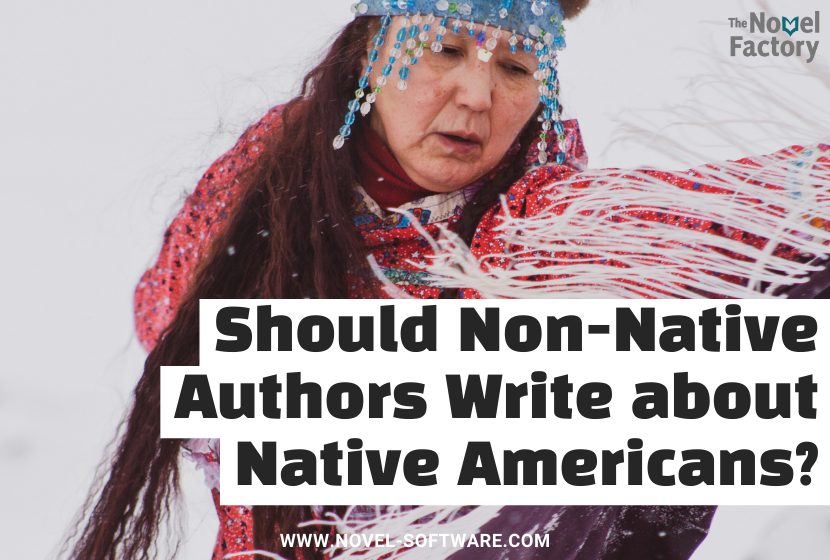
Should Non-Native Authors Write about Native Americans?
We proudly present this guest post from Sarah Elisabeth Sawyer. As a tribal member of the Choctaw Nation of Oklahoma, Sawyer has written and published 15 historical fiction books with Native main characters, and The Smithsonian’s National Museum of the American Indian honored her as a literary artist through their Artist Leadership Program for her work in preserving Choctaw Trail of Tears stories.
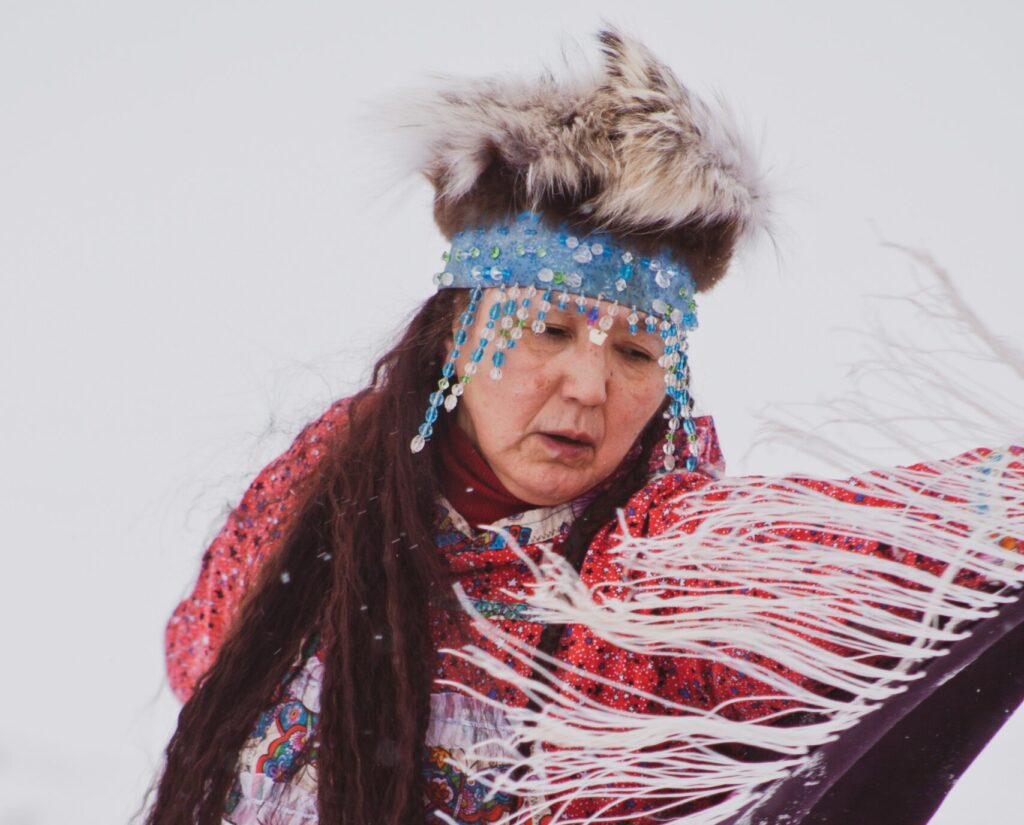
A controversial question in the author community is: Should you write about cultures that are not your own?
I’m breaking this down from my viewpoint as a Choctaw Nation of Oklahoma tribal member, and as someone who has interviewed and written stories of people from dozens of tribes across North America, Alaska, and Hawai’i. I’ve also written and published 15 historical fiction books featuring several American Indian tribes.
To answer the tough question above, we’re going to look at the Mind of the Writer, the Responsibility of the Writer, and the Role of the Writer.
Before we get into it, I want to point out one critical element: There is justifiable hurt within Native communities over the long string of abuses against our people since first contact.
We’ve walked bitter trails with much loss along the way. My fourth-generation grandfather buried his father on the Choctaw Trail of Tears.
There are also the writers who have brought pain to Native communities. Yes, us writers.
With hearts and minds full of stories and adventures and messages we want to share with the world, we sometimes crash our way through cultures with hardly a backward glance.
That was especially the case with our author predecessors, who brought every cultural stereotype to life in their stories that went around the world.
Writers of old took bits and pieces of Native culture and perpetuated oft-extreme views of Native Americans: from the savage, tomahawk-wielding warrior, to the romanticized “child of the forest” living in a utopia.
Not all of this was done with malicious intent, but the damage to Native people was done.
So we come back to the question: Should you write about cultures that are not your own?
There is not a quick and easy answer. But if you want to learn how to write about Native Americans, I encourage you to take heart. It can be done.
So let’s peel this tough question apart.
The Mind of the Writer
When I watch movies like Miss Potter and The Man Who Invented Christmas with non-writer family and friends, I overhear comments like, “Is she mentally ill?” or “Is he hallucinating?”
And I just laugh and laugh.
Authors have unique gifts. We see people who aren’t there, or people who are, but we see them inside our story as fresh characters. We know we will “do wonderful things together.”
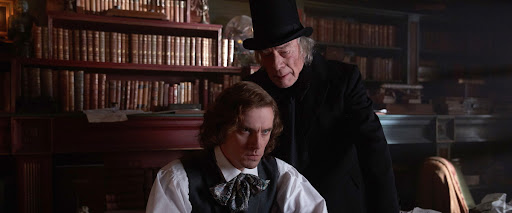
Caption: The Man Who Invented Christmas movie.
We hear snippets of conversations, or an unusual name, or a headline that has us whipping out our phones and jotting down ideas before they are lost to time. That snippet will find its way into a story someday, we know.
There are also experiences in our relationships, our careers, and our childhood memories that niggle in the back of our minds and beg for their place in a story.
Then there are the cultures we encounter personally or through a story.
Whether Native or not, some writers feel a connection with Native America and want to write about it for a variety of reasons:
- They have Native ancestry (or at least told they do), and they burn with a passion to tell those stories.
- They grew up with Native Americans as neighbors and want to capture the spirit of their cultures.
- They want to include minority groups so long neglected in popular fiction.
Whatever the motivation, their mind has latched onto creating Native American characters. You might be one of them.
You envision the roles Natives can play in your story, and how including them would educate and inspire your reader, all while offering an entertaining story.
Now, we know that to write a character well we must get inside the character. They become a part of us and go where we go, like Peter Rabbit with Miss Potter, and Scrooge with Charles Dickens.
But writing about people who have had much stripped from them is different from writing about rabbits in the garden or Christmas ghosts.
Yet I believe that you, as a writer gifted with a vibrant imagination and a special sense of empathy, can still do it.
Think about it—in every writing session, we become something we are not.
When writing my novel, Anumpa Warrior: Choctaw Code Talkers of World War I, I was an American doughboy on the battlefields of France, though I’ve never been in the military.
In my Doc Beck Westerns series, I’m an Omaha Indian woman doctor in the 1890s, though I have no medical background.
With the Choctaw Tribune Historical Fiction series, I live the lives of a Choctaw brother and sister fighting to write the truth in their newspaper (okay, that one I can personally relate to!).
The point is, if we write only our own experiences, ethnicity, and beliefs, how can we truly be writers that deliver well-rounded, entertaining, thought-provoking, earth shaking, keep-you-up-all-night stories?
Our minds are capable of more than writing our own experiences. But with that capability, comes responsibility to handle those stories with care.
The Responsibility of the Writer
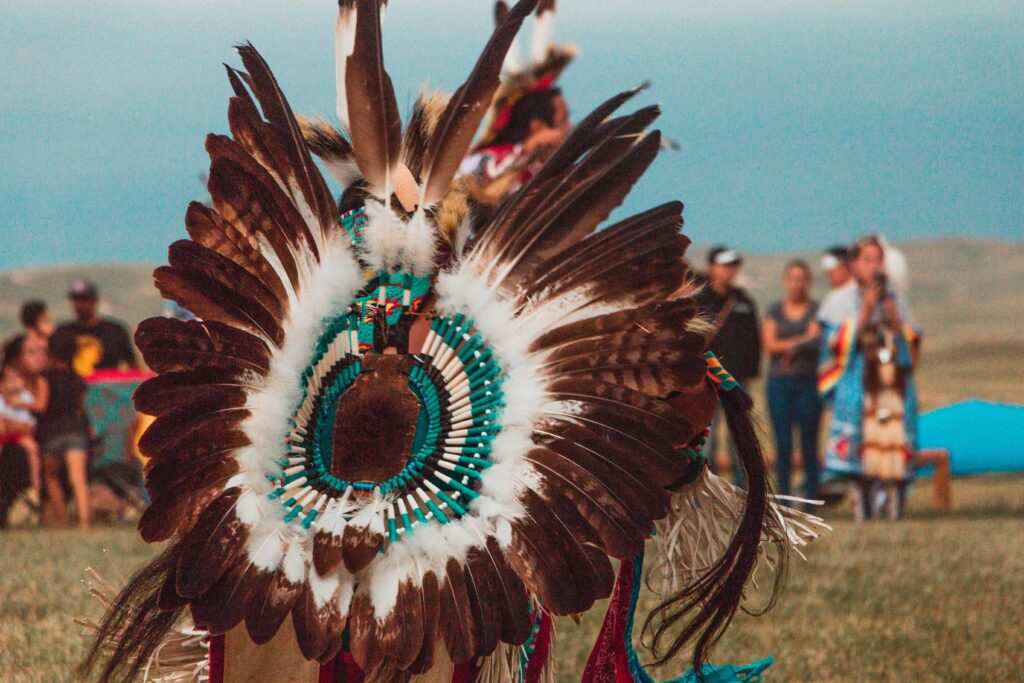
No matter the genre, you face having to do your research.
A thriller novel needs to get its fight scenes and logistics right (mostly).
A historical novel set in the Civil War shouldn’t have a tank in it.
Even fantasy requires research as you’re making up new worlds and languages and people groups. (In fact, I have fantasy authors in my digital course, Fiction Writing: American Indians, because they want to avoid stereotyping their population of Indigenous people.)
Research is the bedrock of creating a well-received story. That’s why we hear the popular advice of “write what you know.”
If you’re an lawyer, writing a legal thriller wouldn’t take nearly the research as someone who’s never attended a trial.
So you may be thinking that if you’re an American Indian, adding Native characters to your story should be easy.
Not exactly. You still have to do your research to challenge your own knowledge and understanding.
I know of many Natives, especially in the twentieth century, who fell into perpetuating stereotypes because the public expected those images from them. Or they simply did not know their own history and culture. As I said, much has been lost.
So, how much research do you need to conduct when writing about Native Americans?
It depends. There is a sliding scale to the involvement writers have for Native American characters in their story. This ranges from a main character in the midst of a situation directly involving their history and culture…to a side character whose heritage is there, but not foremost in the plot.
Whether major or minor, though, great care should go into creating your Native characters.
And that begins with research.
It is our responsibility as writers to get this history and culture right, to the best of our abilities.
Do the work. It will show, and can lead you to playing your role in the world.
The Role of the Writer
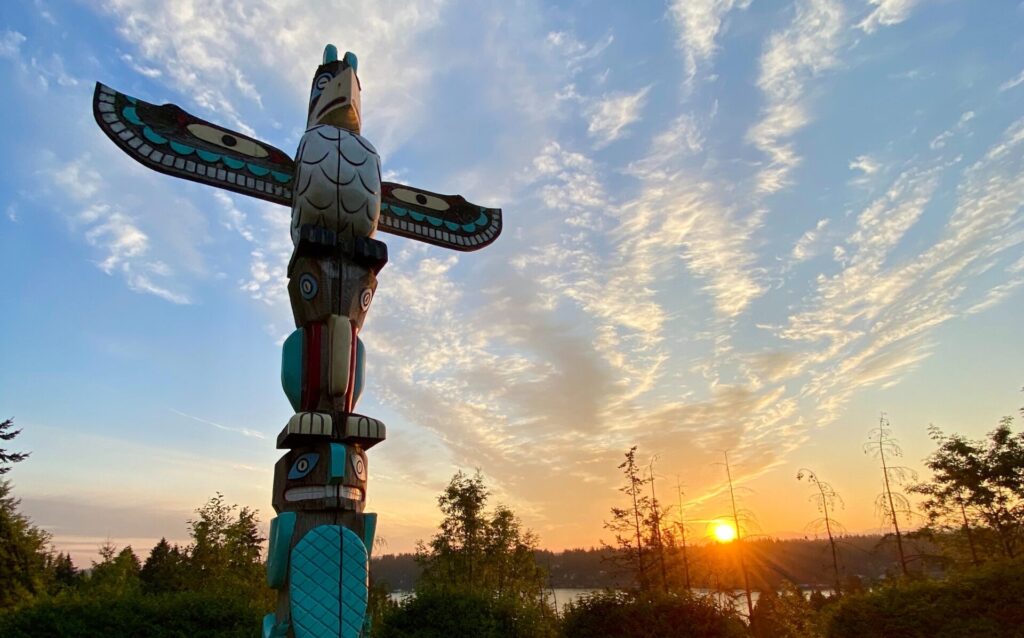
Writers were gifted with one of the most influential talents on the planet: the ability to change and shape the world with words.
We have a role to play when it comes to writing about Native Americans. Oft stereotyped or eliminated from popular fiction, you have an opportunity to bring real Indigenous cultures to your audience.
Think about it—if you are someone’s favorite author, your story may be the only one they read that features accurate portrayals of American Indians.
Your story might be the time they encounter the true, rich, devastating, and beautiful cultures of the Indigenous people of North America.
How incredible is that?
Yet all of this might feel like a heavy burden. If it is, take heart.
And take a look at me.
I’ve made mistakes along the way in writing stories about my own people.
Those experiences drive me when I’m researching, writing, researching, editing, and did I say, researching?
But if we don’t press in and write these cultures accurately, who will?
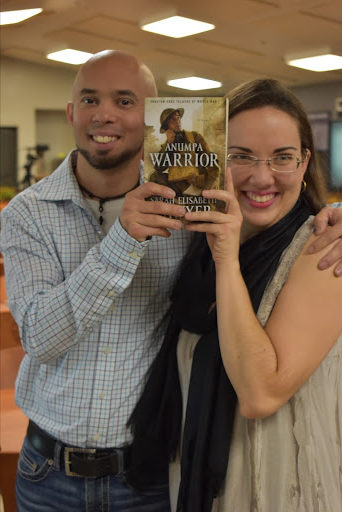
Caption: My brother, who is featured on the cover of two of my books because he’s cheap, Choctaw and handsome.
Are you taking up someone else’s space?
On that note, let’s step back a moment and look at another question in today’s author community: Are you taking up the space of an author who is from that ethnic background?
Here are my thoughts: Since digital bookshelves are—literally—limitless, any author who wants to write, publish, and market their work has an incredible opportunity to do it.
There’s truly never been a better time to be a writer.
No matter your ethnicity, your perspectives, your technical abilities, your financial situation…if you’re reading this online right now, you have the capability of being a published writer.
There is room for everyone who puts in the work.
As writers, our role is to have conversations with imaginary people, go hard at our research, and be a bridge between the unknown and the reader.
It’s breathtaking and frightening, especially when you aren’t sure how to write about Native Americans. You only know you don’t want your role to be one of doing harm and not the good you set out to do.
Or maybe you’re not setting out for a specific good, you just want to tell a great story that includes Native Americans. And that’s fine…just please do your research.
We writers have a vital role to play in the world. Let’s commit to doing it well.
Take Heart
This is a tough topic not often addressed in a hopeful way.
But this article is meant to balance real truths while encouraging you to take heart in your writing journey.
If you would like to learn more about how to write about Native Americans with accuracy and sensitivity, then visit my site here. There, you can also download a free copy of my ebook, “5 Stereotypes to Avoid When Writing about Native Americans.”
Chi pisa la chike, my fellow author. I will see you again soon.
About the Author
As a tribal member of the Choctaw Nation of Oklahoma, she has written and published 15 historical fiction books with Native main characters, and over 275 non-fiction articles on Native artists and organizations with representatives from dozens of North American tribes. The Smithsonian’s National Museum of the American Indian honored her as a literary artist through their Artist Leadership Program for her work in preserving Choctaw Trail of Tears stories, and she is a First Peoples Fund Artist in Business Leadership alumni.
Fiction authors who want to write about Native Americans face a challenging minefield riddled with dos and don’ts, and no clear answers. That is why author and writing instructor Sarah Elisabeth Sawyer created the “Fiction Writing: American Indians” digital course.
Through her in-depth, honest course, authors are equipped to write authentic stories that honor First American history and culture. Discover more at www.FictionCourses.com/AmericanIndians.
Unlock your writing potential
If you liked this article by the Novel Factory, then why not try the Novel Factory app for writers?
It includes:
- Plot Templates
- Character Questionnaires
- Writing Guides
- Drag & Drop Plotting Tools
- World Building resources
- Much, much more

